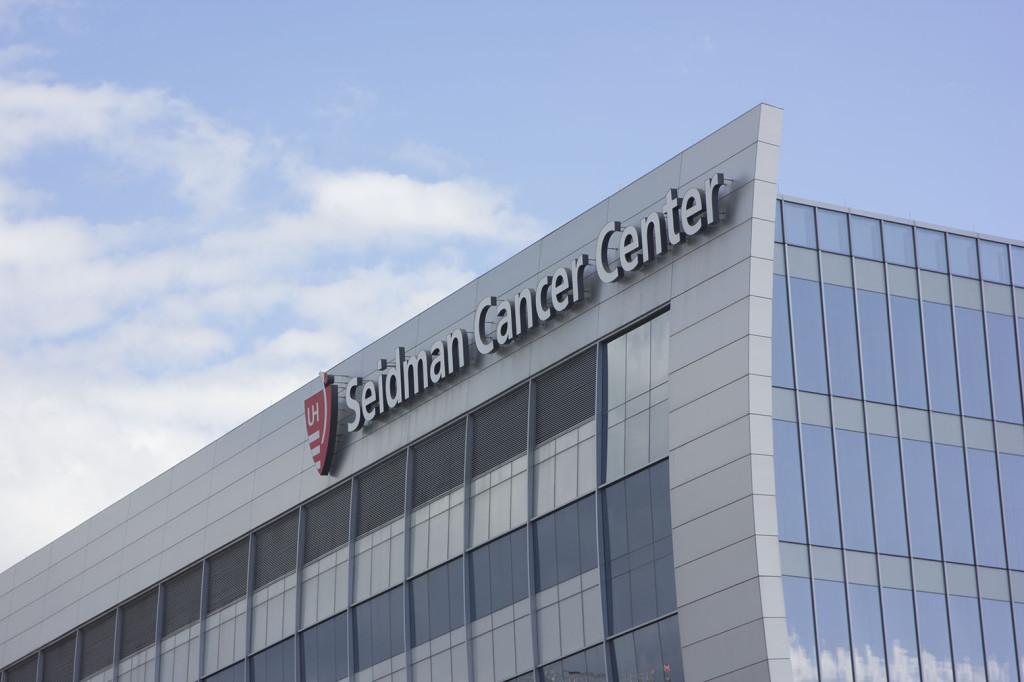Case Cancer Center gets five year grant renewed, but notes reduced funding due to federal budget cuts
Center’s high ranking spares center from further grant reduction
In June, the National Cancer Institute (NCI) announced that the Case Comprehensive Cancer Center (Case CCC), a partnership begun by Case Western Reserve University and University Hospitals in 1987, and later joined by Cleveland Clinic in 2004, received a five-year renewal of its $23.4 million grant.
The Case CCC is one of 41 cancer centers in the country with NCI’s stamp of a “comprehensive cancer center” and currently has an “outstanding” rating along with NCI’s recommendation. The center has held this NCI designation for the past 25 years and has held the prestigious recognition of “comprehensive” status since 1998. The partnership also placed in the top 10-15 percent of all the comprehensive cancer centers.
The Case CCC’s original grant was for $25 million, but due to federal government cuts it has reduced by nearly 6.5 percent. The center was spared from further funding reduction due to its high ranking among the comprehensive cancer centers. It is uncertain whether or not the government will decide to reinstate the remaining money in the next few years.
Officials of the partnership say that they had received 95 percent of the last five year grant, a $25.5 million one beginning in 2007. At that time, the partnership was the only one in the country to receive a funding increase from the National Institutes of Health.
Since the five-year grant is used to improve the partnership’s 15 facilities and infrastructure, the center’s nearly 350 scientists and physicians still must obtain grants for their research individually.
During the last five-year period, the Case CCC has noted successes such as the $11.3 million Specialized Program of Research Excellence (SPORE) Grant in Gastrointestinal Cancers, genetic breakthroughs, drug development and imaging. For the next several years, the center hopes to build on their current research as well as focus more on ways to battle brain and breast cancers. In addition, they plan to improve training for aspiring oncologists and to increase access to clinical trials in Northeast Ohio.
Every year, University Hospitals and the Cleveland Clinic take on about 10,000 new cancer patients. Of those, about 3,000 of those patients participate in the institution’s cancer research. Just in 2012, Case CCC member institutions received $115 million in cancer research funding.
A sophomore student hoping to one day obtain a career in research, Aditya Joshi is looking forward to the opportunities this grant will open up. Joshi said, “I’m excited to see Cleveland become more and more recognized as a global hub for health care.”


